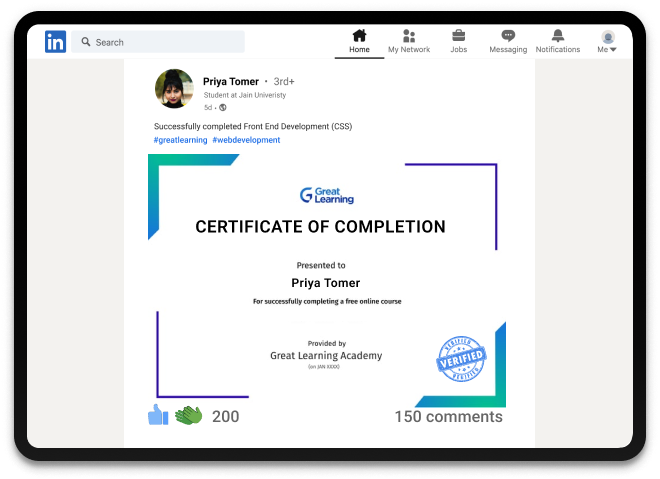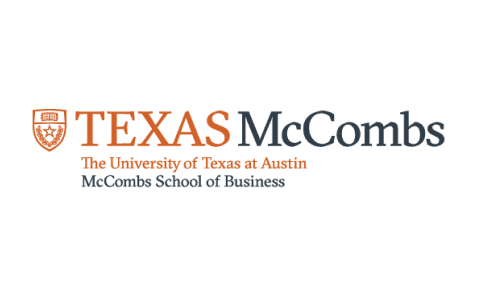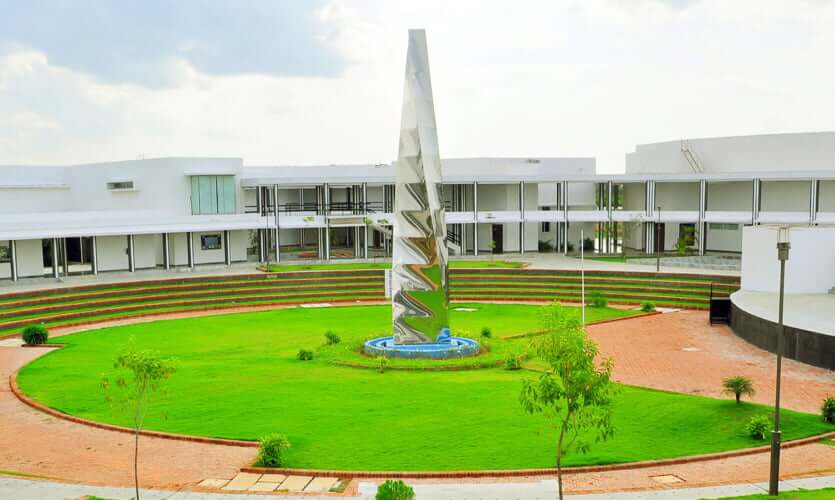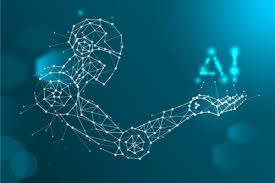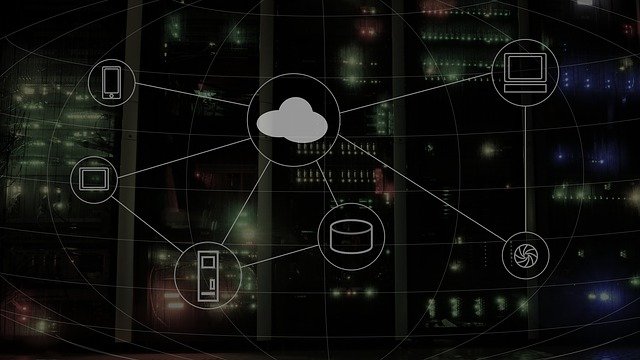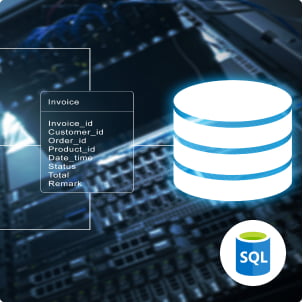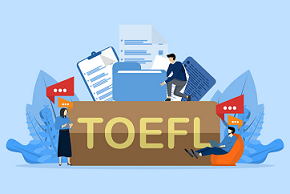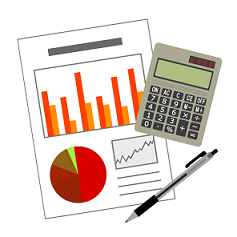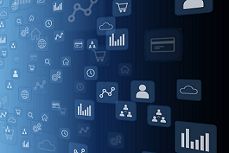Crash Course in Data Science
Enrol for this free crash course in data science to enhance your data science knowledge and skills. Taught by our experts on the basics of Data Science, Python, Tableau, and more. Start Today!
What you learn in Crash Course in Data Science ?
About this Free Certificate Course
The free crash course starts with an introduction to data science, where you'll learn about the field and its applications. From there, you'll dive into programming for data science, where you'll learn essential programming skills in Python, R, and SQL.
Next up are probability and statistics, which are the foundational concepts for data science. You'll learn about probability distributions, hypothesis testing, and statistical inference. The course also covers databases in data science, where you'll learn about data storage, data retrieval, and data manipulation. Exploratory data analysis and data analytics are also part of the course, where you'll learn how to explore and analyze data using various tools and techniques. Time series analysis, model evaluation, and data science use cases and projects are also covered in the course. And if you're interested in pursuing a career in data science, the course includes a section on career options and interview questions for data science roles.
Overall, this course is an excellent way to get started with data science, regardless of your level of expertise. So, what are you waiting for? Sign up for this free crash course and start your journey into the fascinating world of data science today!
Course Outline
In this module, you'll understand the basics of Data Science, including its introduction, applications, and fundamental mathematical concepts. You will learn about data mining task, and various applications of data science also.
In this module, you'll understand programming languages, such as Python and R. You will learn about Python libraries and fundamentals of R language in detail.
In this module, you'll understand the concepts of Probability. You will cover the basics of probability and learn about Probability and Normal Distribution.
In this module, you'll learn about the concept of Statistics including hypothesis testing. You will also learn about types of tests, such as ANOVA and Chi-square test, as well as Inferential Statistics.
In this module, you will learn about the concept of SQL. You will also learn about the clauses, joins, and Group By statement.
With this course, you get
Free lifetime access
Learn anytime, anywhere
Completion Certificate
Stand out to your professional network
13.0 Hours
of self-paced video lectures
Frequently Asked Questions
What are the prerequisites required to learn this Crash Course in Data Science?
You do not need any prior knowledge except knowing what Data Science is to learn this Crash Course in Data Science.
How long does it take to complete this free Crash Course in Data Science?
Crash Course in Data Science is a 17.5 - hour long course, but it is self-paced. Once you enroll, you can take your own time to complete the course.
Will I have lifetime access to the free course?
Yes, once you enroll in the course, you will have lifetime access to any of the Great Learning Academy’s free courses. You can login and learn whenever you want to.
Why is the Crash Course in Data Science so popular?
Data Science is an ever-growing concept and has a lot yet to be explored. It also makes a lucrative career option with high scope.
Will I get a certificate after completing this Free Crash Course in Data Science?
Yes, you will get a certificate of completion after completing all the modules and cracking the assessment.
Success stories
Can Great Learning Academy courses help your career? Our learners tell us how.And thousands more such success stories..
Related Data Science Courses
Popular Upskilling Programs
Explore new and trending free online courses
Popular Topics to Explore
Relevant Career Paths >
Other Data Science tutorials for you
Data Science Crash Course
Data science is a rapidly growing field that combines statistics, computer science, and domain-specific knowledge to extract insights from data. It involves various techniques and methods that are used to analyze and interpret complex data sets. The field of data science has become more important than ever, with the explosion of big data and the need for businesses to make data-driven decisions.
Here are some of the relevant subtopics in data science:
- Machine Learning: Machine learning is a subfield of artificial intelligence that involves training computer algorithms to make predictions or decisions based on patterns in data. It is used in a wide range of applications, from image recognition to fraud detection to personalized marketing. Machine learning algorithms can be supervised, unsupervised, or semi-supervised.
- Data Mining: Data mining is the process of discovering patterns in large data sets. It involves extracting useful information from data, often with the goal of making predictions or identifying trends. Data mining can be used in a variety of fields, such as marketing, finance, and healthcare.
- Data Visualization: Data visualization is the process of representing data graphically to aid in understanding and analysis. It involves creating charts, graphs, and other visual representations of data that can help identify patterns and trends. Data visualization is essential for communicating insights to non-technical stakeholders.
- Data Cleaning and Preprocessing: Data cleaning and preprocessing involve preparing data for analysis by removing irrelevant or erroneous information, filling in missing values, and transforming data into a more usable format. This is an important step in the data science process, as it ensures that the data is accurate and consistent.
- Natural Language Processing: Natural language processing (NLP) is a subfield of artificial intelligence that focuses on enabling computers to understand and interpret human language. NLP is used in a variety of applications, such as chatbots, sentiment analysis, and language translation.
- Predictive Modeling: Predictive modeling involves using statistical techniques to make predictions about future events. It is used in a variety of fields, such as finance, healthcare, and marketing. Predictive modeling can be used to forecast sales, identify at-risk patients, and optimize marketing campaigns.
- Deep Learning: Deep learning is a subset of machine learning that involves training deep neural networks to make predictions or decisions. Deep learning has revolutionized the field of artificial intelligence, enabling computers to perform tasks such as image recognition and natural language processing with unprecedented accuracy.
- Big Data: Big data refers to data sets that are too large and complex to be processed by traditional data processing tools. Big data is generated by a wide range of sources, including social media, sensors, and transactional systems. The analysis of big data requires specialized tools and techniques, such as Hadoop and Spark.
- Business Intelligence: Business intelligence (BI) involves using data to inform business decisions. BI tools and techniques enable organizations to analyze and visualize data, identify trends, and make data-driven decisions. Business intelligence is used in a wide range of industries, including finance, healthcare, and retail.
- Cloud Computing: Cloud computing involves using remote servers to store, manage, and process data. Cloud computing has revolutionized the way that organizations store and analyze data, enabling them to scale their infrastructure quickly and cost-effectively.
In conclusion, data science is a broad and rapidly growing field that encompasses a wide range of techniques and methods. The subtopics outlined above are just a few of the many areas of specialization within the field. With the explosion of big data and the increasing importance of data-driven decision-making, data science is poised to become even more important in the coming years.





